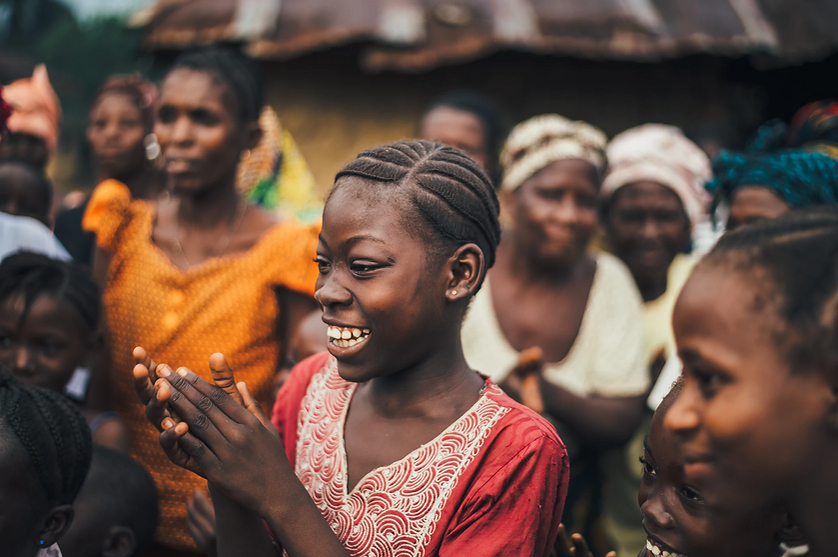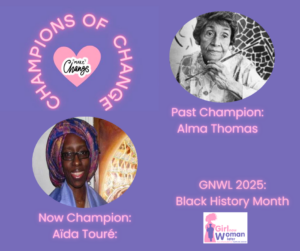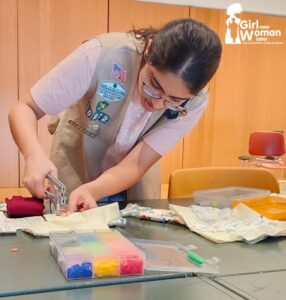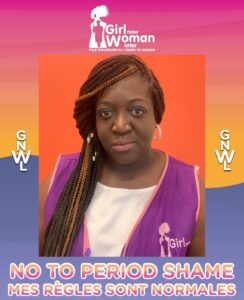“Marriage shall be entered into only with the free and full consent of the intending spouses.” Point 2, Article 6 – United Nations ‘Universal Declaration of Human Rights’1
The choice to marry is a human right, one which requires both parties to be sufficiently mature to make an informed decision about their futures. Despite this, in Burkina Faso, 52% of female adolescents were married/in a union between 2002 and 2012, and 10% were married before the age of 152, leading to 28.2% of these girls having a child between 2008 and 2012. These numbers represent the 7th highest child marriage rate globally3. Girl Now Woman Later wants to tackle these statistics and advocate for girls to work towards the prosperity, independence, and enjoyment that completing their education can bring. We will campaign for legislative change, government programs, and local community education.
Under Burkina Faso’s law, child marriage is illegal before the age of 21 for males and 17 for females. However, the law neither applies to traditional nor religious marriages, meaning that the majority of girls are still vulnerable to forced marriages, particularly if they live in rural areas.
There is a widespread belief that a husband will ‘protect’ his wife whilst a marriage also contributes to her family’s honor and economic status. Girls who refuse to marry can face violence and exclusion from their own families and communities. We, at Girl Now Woman Later, believe the legal age for marriage should be raised to 18. This must cover all forms of marriage and we will advocate for established partnerships between the government and community officials to ensure that all girls have time to be girls before getting married.
Girl Now Woman Later aims to keep girls in school to provide them with the best opportunities for their career advancement. A pursued education is primordial to delay the age at which girls marry. Indeed, 63.1% of uneducated women were married by the age of 18, as opposed to 39.6% of women with primary education, and 15.6% of women with secondary education or higher.4
Premature marriage significantly compromises a girl’s chances for development since most girls who marry are forced to give up school to raise children and undertake domestic work at home, thus leading them to social isolation. Therefore, parents need to be educated and shown that girls can have purposes other than housewifery and motherhood. With the time and tools necessary to pursue their education, young girls will financially be capable of looking after their own families in the future, if they choose to do so.
Huge changes can be accomplished to alter the lives of so many girls for the better, as shown through the remarkable efforts of the Indian government. Thanks to the ‘Beti Bachao Bet Padhao’ campaign5, parents are incentivized to keep their girls in school until adulthood. Tax deductions, accounts with high interests and guaranteed returns, government grants, scholarships, and health insurance plans all serve to reduce the perception that girls are an economic burden on their families and encourage continued education. Girl Now Woman Later fully supports these initiatives and believes they could be similarly beneficial to many girls and their families in Burkina Faso.
Overall, the severe effects of premature marriage on girls’ lives are evident. Girl Now Woman Later is determined to advocate, campaign, and push for the government to change the legal age for marriage for girls within all types of ceremonies, to educate communities and families on the extensive abilities of girls beyond marriage and motherhood, and to propose government programs to incentivize families to support girls’ education.
Lucy, Rowland
References
1 Universal Declaration of Human Rights. (1948, December 10). Un.Org. https://www.un.org/en/about-us/universal-declaration-of-human-rights
2 Adolescents and Youth Dashbord. (n.d.). Unfpa.Org. Retrieved 17 March 2021, from https://www.unfpa.org/data/dashboard/adolescent-youth
3 Statistics: Burkina Faso. (2013, December 18). Unicef.Org.
https://www.unicef.org/infobycountry/burkinafaso_statistics.html
4 Adolescents and Youth Dashbord – Burkina Faso (n.d.). Unfpa.Org. Retrieved 17 March 2021, from https://www.unfpa.org/data/dashboard/adolescent-youth
5 Wedetso Chirhah, W. C. (2020, August 27). 13 Government Schemes for Girl Child in India: Eligibility and How to Apply. Momjunction.Com.
https://www.momjunction.com/articles/government-schemes-for-girl-child-in-india_00621633/






